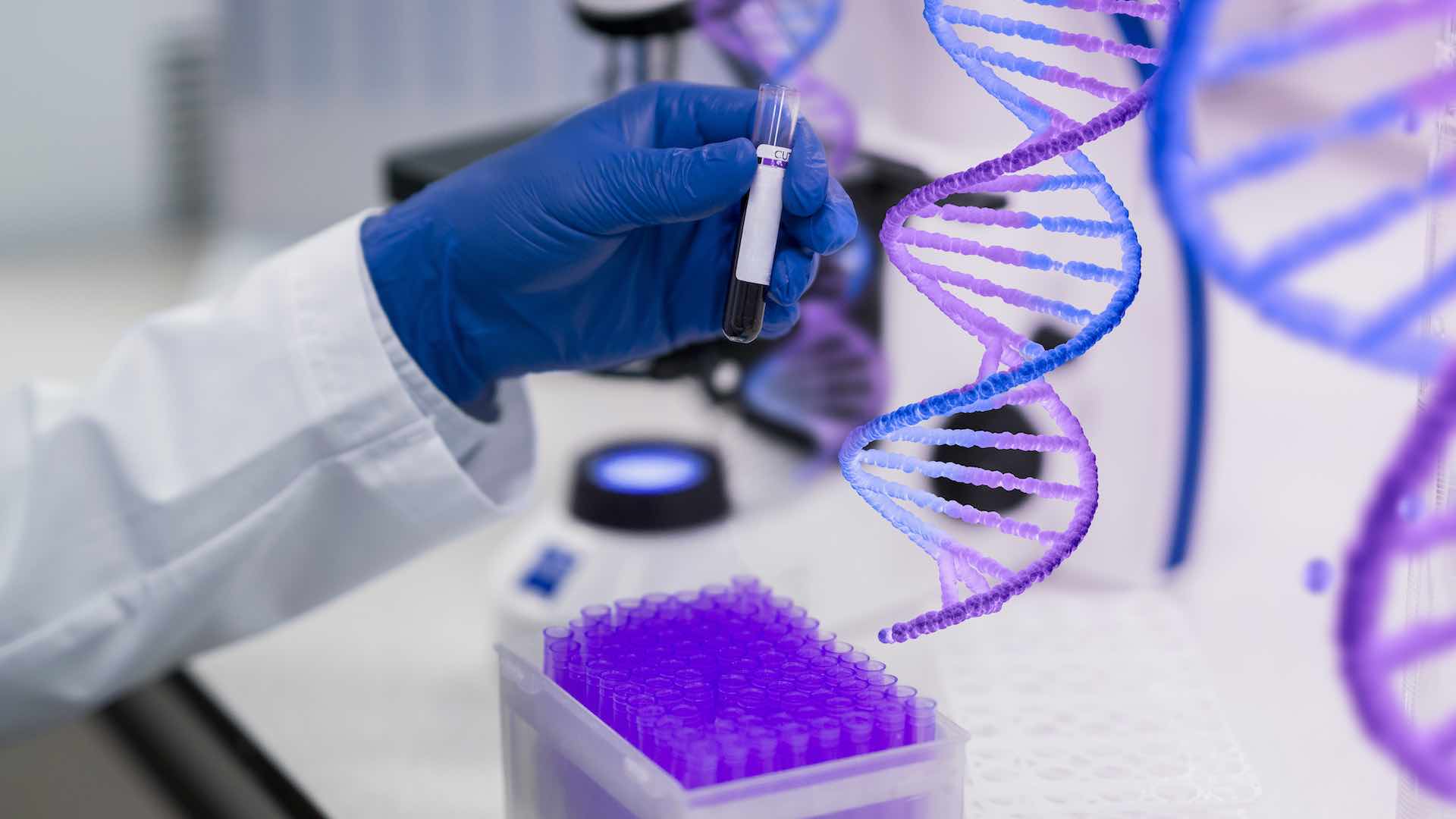MENA Newswire News Desk: The Abu Dhabi Department of Health has announced that, effective January 2025, genetic testing will be mandatory for all Emirati citizens undergoing premarital screenings. This measure aligns with the UAE’s national health strategy and the objectives of the Emirati Genome Programme, which aims to reduce the incidence of genetic disorders and support informed family planning.

This policy shift was disclosed by Dr. Noura Al Ghaithi, Undersecretary of the Department of Health – Abu Dhabi, during a keynote at the UAE Government Annual Meetings 2024. According to Dr. Al Ghaithi, the genetic testing initiative will encompass 570 genes linked to over 840 genetic conditions. “This preventive measure safeguards community members from hereditary diseases and enables couples to identify shared genetic mutations that could lead to preventable genetic disorders in their offspring,” she explained.
The genetic disorders targeted by the screening include conditions with potentially severe impacts, such as vision and hearing impairments, blood clotting issues, developmental delays, organ dysfunction, hormonal imbalances, and seizure disorders. The programme’s goal is to mitigate these risks by empowering couples with crucial genetic information before marriage, which can be pivotal in planning for a healthier family future.
Dr. Al Ghaithi emphasized that genetic testing not only aids in reducing hereditary health risks but also facilitates early intervention through personalized genetic counseling and reproductive health solutions. Test results, available within approximately 14 days, will provide health recommendations tailored to each individual’s genetic profile, enabling informed family planning and preventive health measures. Participants in the Emirati Genome Programme benefit from comprehensive genetic data insights that could influence their health decisions and future wellness.
The Emirates Genome Council, chaired by Sheikh Khaled bin Mohamed bin Zayed Al Nahyan, Crown Prince of Abu Dhabi, leads the implementation of this initiative. Under its guidance, the UAE has established itself as a leading center for genomic research and innovation. Dr. Al Ghaithi highlighted that data from the Emirati Genome Programme has already uncovered significant genetic insights: 12% of new genetic variants identified are novel, 25% of Emiratis carry genes associated with resilience to psychological stress, and 46% have genetic adaptations aiding lactose digestion. Furthermore, 20% of Emirati children may carry a genetic predisposition to Type 1 diabetes.
The Council’s objective is to advance the Emirati Genome Programme as one of the largest population genomics initiatives globally. With a current collection of 750,000 samples, it aims to reach a milestone of one million samples, creating a substantial resource to support precision medicine and proactive health policies within the UAE.
Through this data, the Emirates Genome Council aims to fortify the UAE’s healthcare system, reducing genetic disorders and promoting early intervention frameworks to address both physical and intellectual disabilities. This policy highlights the UAE’s commitment to pioneering preventive healthcare and fostering a more robust, data-driven medical sector capable of preempting hereditary health issues.
